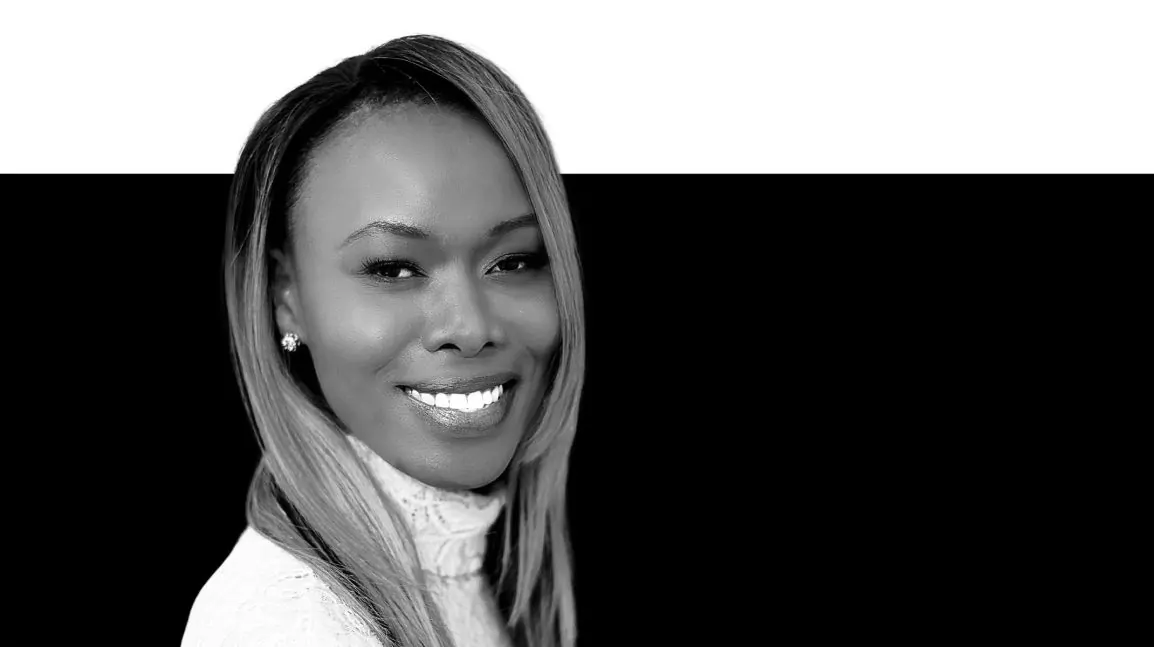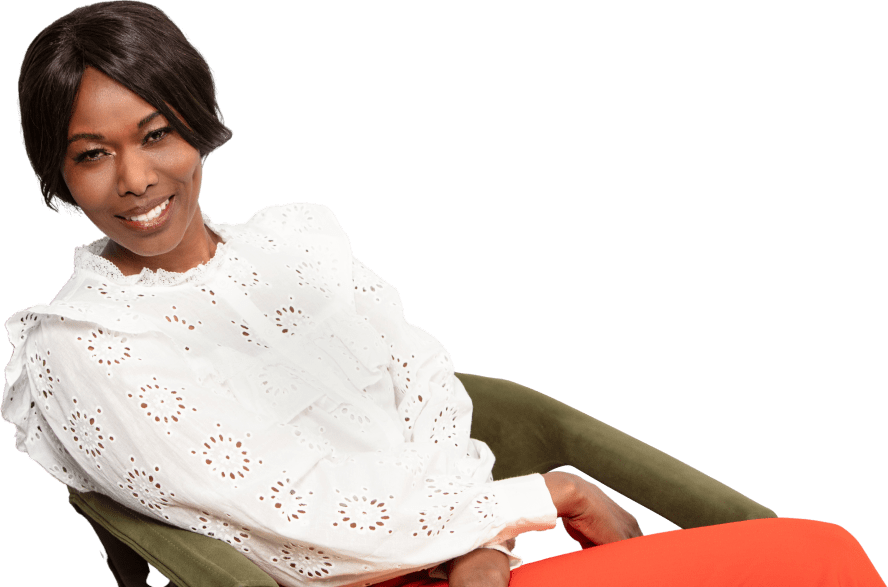“It’s hard to walk a path nobody else has ever walked,” says the Capstone Medical Billing Holdings CEO.
Rosebell Murigu is the principal and founder of investment company Capstone Medical Billings Holding. Murigu created the company, which acquires medical billings businesses, last year, and the group has already completed more than 450 transactions. Below, she shares details surrounding her upbringing in Kenya and becoming a businesswoman of color in Dallas.
A Kenyan Upbringing
“I would study with my feet inside a bucket of cold water.”
“As a single mom, my mom was paying for school fees, trying to juggle two young children, and working. That’s where I get most of my work ethic from because my mom would leave home sometimes from seven o’clock [in the morning], and I wouldn’t see her until 10 o’clock at night. I became an adult [at a young age] because of the circumstances. I wanted to support my mom, so [I was] very disciplined because I could see how stressful it was for her to nurture my sister and me.
“From a very young age, I knew the only way to make it in Kenya was to be educated. I would study with my feet inside a bucket of cold water so I didn’t fall asleep. When I look back, that’s the only thing I can say that has served me so well growing up.”
Self-Starting a Dallas Business
“From a very young age, I knew the only way to make it in Kenya was to be educated. I would study with my feet inside a bucket of cold water so I didn’t fall asleep. When I look back, that’s the only thing I can say that has served me so well growing up.”
“The United States is a country where, if you are a really determined person, you can make it. It’s not easy. It’s not handed to you, but I really do believe in being a hard-working person. I don’t think there’s any other country on this planet—other than the United States—where someone like myself, from Kenya, with nothing but a bag of dreams, can make it.“I packed up my bags not knowing anybody other than one person and moved to Dallas. I started a business from scratch. I got board members who are extremely seasoned in what they do.“I saw what my brother, Anthony Murigu, had accomplished. He was here way before I was. He lives in San Diego, and he is the orientation of the person who I’ve become, because I used to do consulting for all his companies, and he would let me experiment with all my crazy ideas within his companies.”“I had a mentor who taught me how to do mergers and acquisitions and consolidations. My background is in IT. However, when COVID happened, I ended up in healthcare because I felt healthcare is one of the niches, where regardless of what happens in the marketplace, it will survive the storm. I transitioned from San Diego to Dallas, and there’s a certain way that people in Dallas do business that’s very different from every other state or city. I used to fly to Dallas to attend conferences with my mentor, and I just loved the
Surviving in the Business World
“Wisdom is intuition in itself. So for me…I use my instinct. I have a very strong instinct, and we all have them. Any human being has it in a different capacity, but I’ve nurtured mine—especially being in business. I can walk into a meeting and be able to navigate through that meeting using my intuition and my instinct by understanding the state of mind that people are in, and I’m able to pivot depending on what’s in front of me.”
Influencing Kenyans and Women of Color in Leadership
“It’s just a human thing to want to see someone who looks like you doing something that you’re attempting to do. I don’t have that person for me, from Kenya, who’s trying to do what I have done. Would it make it much easier to see that person? Yes. I feel a sense of obligation on my part to encourage Kenyans, immigrants, and people of color to go into business. But I also know why most people probably haven’t done it: It’s quite difficult.“
There are very few women doing this. I have not met someone who looks like me—very few African Americans here at this point. Is it difficult for me as a woman? Absolutely. Is it difficult for me as a woman of color? Absolutely. It’s hard to walk a path where nobody else has ever walked.“
I don’t look at it as a sacrifice. To me, it’s an opportunity. And my goal is to be the first Kenyan American billionaire—self-made—because I know, by having such a high goal, I open up a path and a door for somebody else who’s really talented, who doesn’t think that they can make it. Do I think I can do it? Absolutely. I believe I can do it. I have no doubt in my mind that I can do it.”
Back to Her Roots
“My leadership is based on a diverse way of looking at things. I can have someone working within our company from a very different culture than mine and relate. The thing with life—and especially in leadership—is that when you come from difficulty, there’s nothing that binds human beings more than pain. It’s such a common denominator to all of us, because regardless of whether you are American, Kenyan, or Russian, we all experience it the same way. We’re all human.“
As a young girl, I envisioned myself with the life that I have today. I always knew that my mind could take me places where I could not go physically. And at the age of 19, I got a copy of a book called Release the Giant Within by Tony Robbins. I read that book and believed everything he said. From that day, I started setting up goals. I still have the diary that I wrote 20 years ago of the things that I wanted to accomplish.“
Where I am today is because of a thought process from a young girl, where I believed in myself. So, in today’s world, where it’s very difficult with the COVID pandemic and people going through challenges, that’s something I really encourage.”

